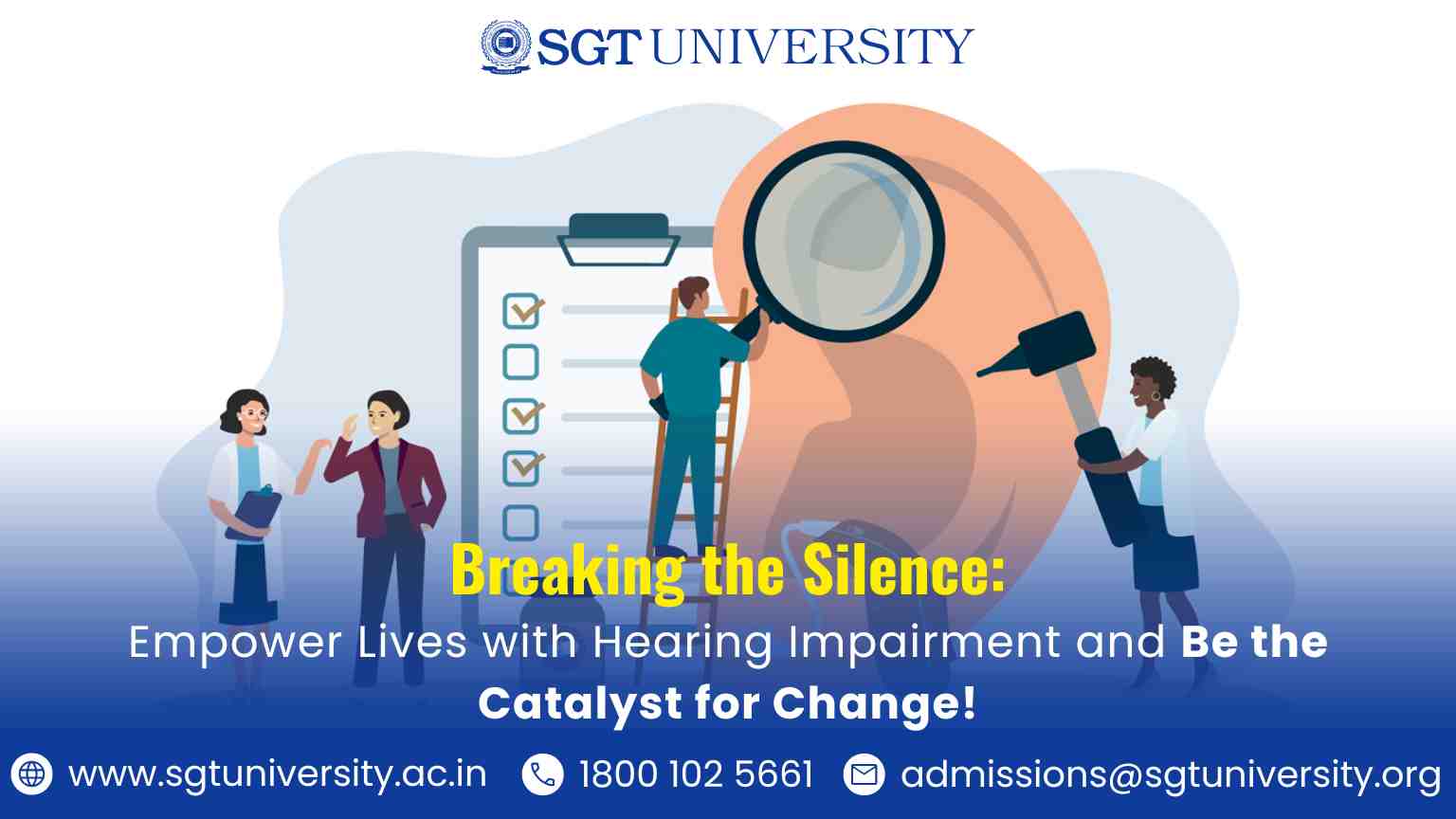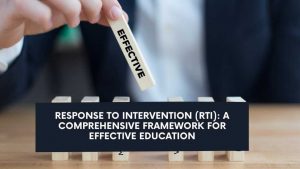Living in a world that relies heavily on communication, it’s easy to take our ability to hear for granted. However, for millions of individuals around the world, hearing impairment is a reality they face every day. As a special educator, I have had the privilege of working with students who have hearing impairments and witnessed the incredible strength and resilience they possess. In this blog, I aim to shed light on the challenges faced by individuals with hearing impairments and highlight the importance of inclusivity and empowerment.
Hearing impairment is more common than we may realize. According to the World Health Organization (WHO), over 466 million people worldwide have disabling hearing loss. That’s approximately 6% of the global population. In children, hearing loss is one of the most common birth defects, affecting approximately 34 million children worldwide.
Hearing impairment significantly affects an individual’s ability to communicate and participate fully in educational settings. It can lead to delays in speech and language development, affecting social interactions and academic performance. Studies have shown that children with hearing impairments are at a higher risk of experiencing learning difficulties and lower educational outcomes compared to their peers without hearing loss.
Fortunately, advancements in technology have opened up new possibilities for individuals with hearing impairments. Hearing aids, cochlear implants, and assistive listening devices can enhance their ability to hear and communicate effectively. Sign language, both manual and digital, plays a vital role in fostering communication among the deaf community. Early intervention programs, speech therapy, and inclusive educational practices are crucial in supporting children with hearing impairments to thrive academically and socially.
Living with hearing impairment often comes with unique social and emotional challenges. Individuals may feel isolated, face communication barriers, and encounter prejudice or stigmatization. Creating inclusive environments where individuals with hearing impairments are accepted, respected, and understood is essential. Sensitizing society about hearing impairments and promoting empathy and inclusivity can help break down these barriers.
Empowerment lies at the heart of supporting individuals with hearing impairments. Encouraging self-advocacy skills and providing opportunities for self-expression can help individuals build confidence and assert themselves. Education plays a crucial role in empowering individuals with hearing impairments, as it equips them with knowledge, skills, and opportunities for personal growth and independence.
Hearing impairment should not be a barrier to living a fulfilling life. By understanding the challenges faced by individuals with hearing impairments and promoting inclusive practices, we can create a world where everyone has equal opportunities to succeed. Let us embrace diversity, break the silence, and empower the lives of individuals with hearing impairments, ensuring their voices are heard and valued.
Remember, silence is golden, but breaking the silence can be transformative.
Mr. Sandeep Sharma
Assistant Professor
Dept. of Special Education
Faculty of Education
SGT University




